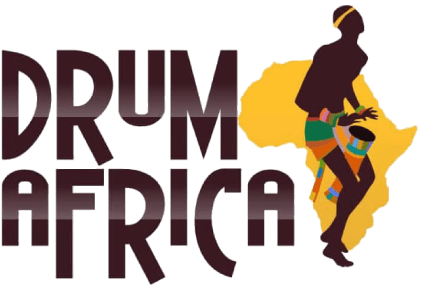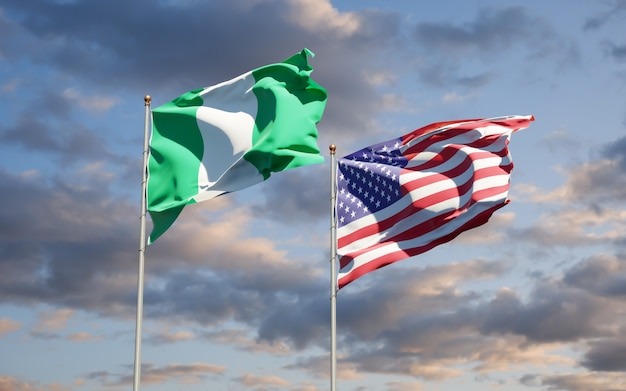In unexpected international stir, the threat by Donald Trump to deploy U.S. troops to Nigeria has drawn sharp criticism from Nigeria’s Senior Advocates, who say such a move would trample the country’s sovereignty and violate international law.
On Friday, President Trump announced that the U.S. was designating Nigeria a “Country of Particular Concern” over alleged killings of Christians and threatened that American forces might “go intro that now disgraced country, ‘guns-a-blazing,’ to completely wipe out the Islamic terrorists.”
Itse Sagay (SAN), a renowned constitutional lawyer, said any foreign military action without Nigeria’s consent would be “an act of aggression” under international law. He insisted foreign troops cannot enter Nigerian territory uninvited.
Adding to that, Adedayo Adedeji (SAN) noted that although states may cooperate in counterterrorism, unilateral military intervention by the U.S. would breach Nigeria’s independent right to manage its territory and affairs.
The Declaration on the Inadmissibility of Intervention in the Domestic Affairs of States and the Protection of Their Independence and Sovereignty states plainly: “No State has the right to intervene, directly or indirectly … in the internal or external affairs of any State.”
Similarly, scholars highlight the doctrine of non-intervention and sovereign immunity that underpin state behaviour.
To critics, what the U.S. is proposing looks less like cooperation and more like unilateral intrusion. They argue that only when Nigeria invites foreign forces or when it acknowledges being unable to protect its people and requests help – could external military presence become defensible under the narrow “responsibility to protect” framework.
Nigeria has long battled armed groups in its northeast and central regions, including notorious insurgents. But the question of a targeted “Christian genocide” remains contested.
Adedeji dismissed that label, saying: “Contrary to the news making the rounds, I don’t think we have anything like Christian genocide in Nigeria.”
However, other voices in the legal profession acknowledge the seriousness of the violence and warn that the federal government must act to avoid external intervention.
Mike Ahamba (SAN) said: “If the killings of Christians continue and the government of Nigeria does not stop it, then a stronger nation can step in.”
Separately, Lagos-based lawyer Jiti Ogunye called Trump’s threat “baseless and hypocritical,” pointing out the U.S. emphasises “America First” yet now entertains military involvement in Nigeria. He suggested the U.S. interest may be tied to Nigeria’s resources rather than strictly humanitarian concerns.

